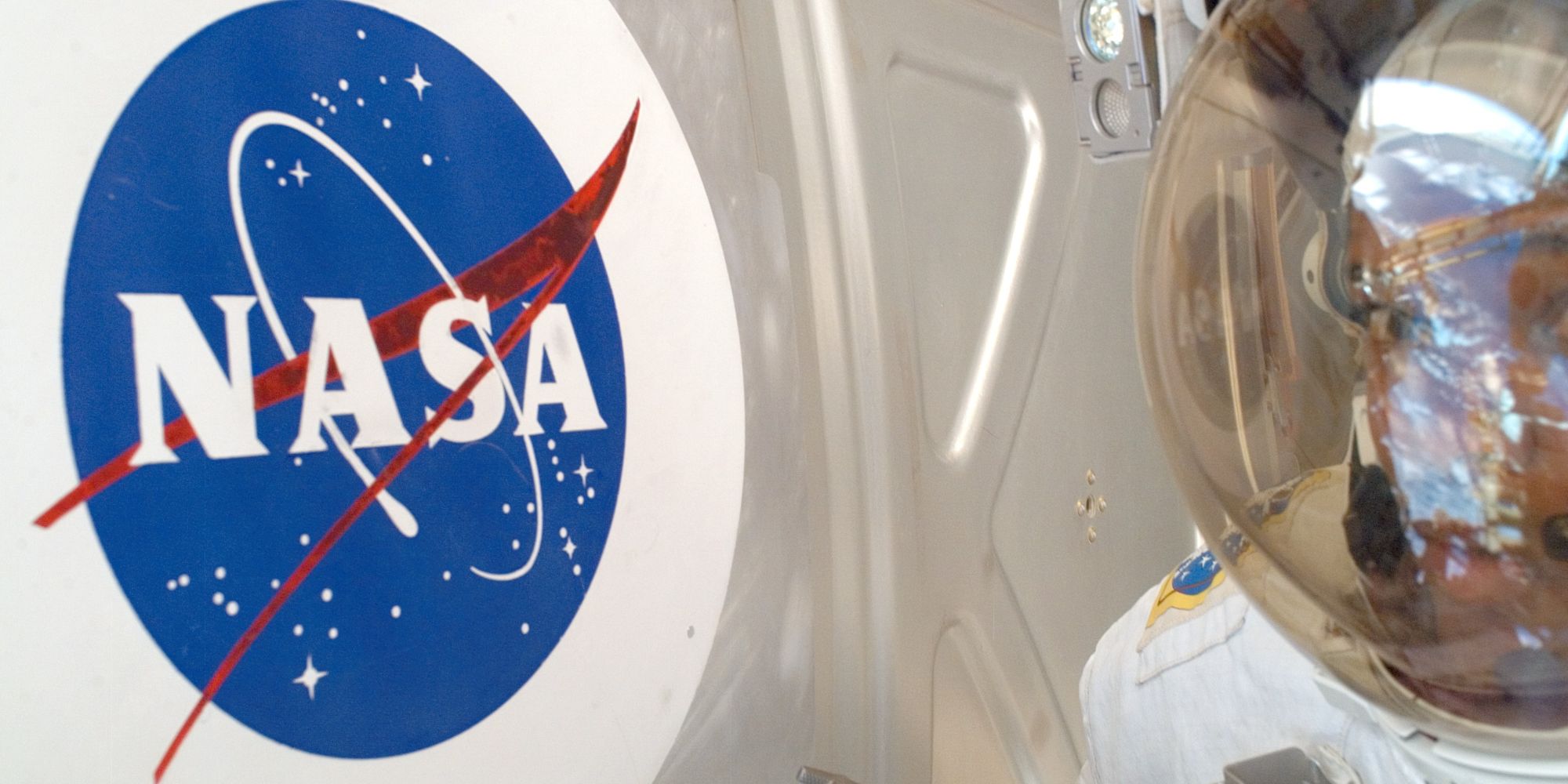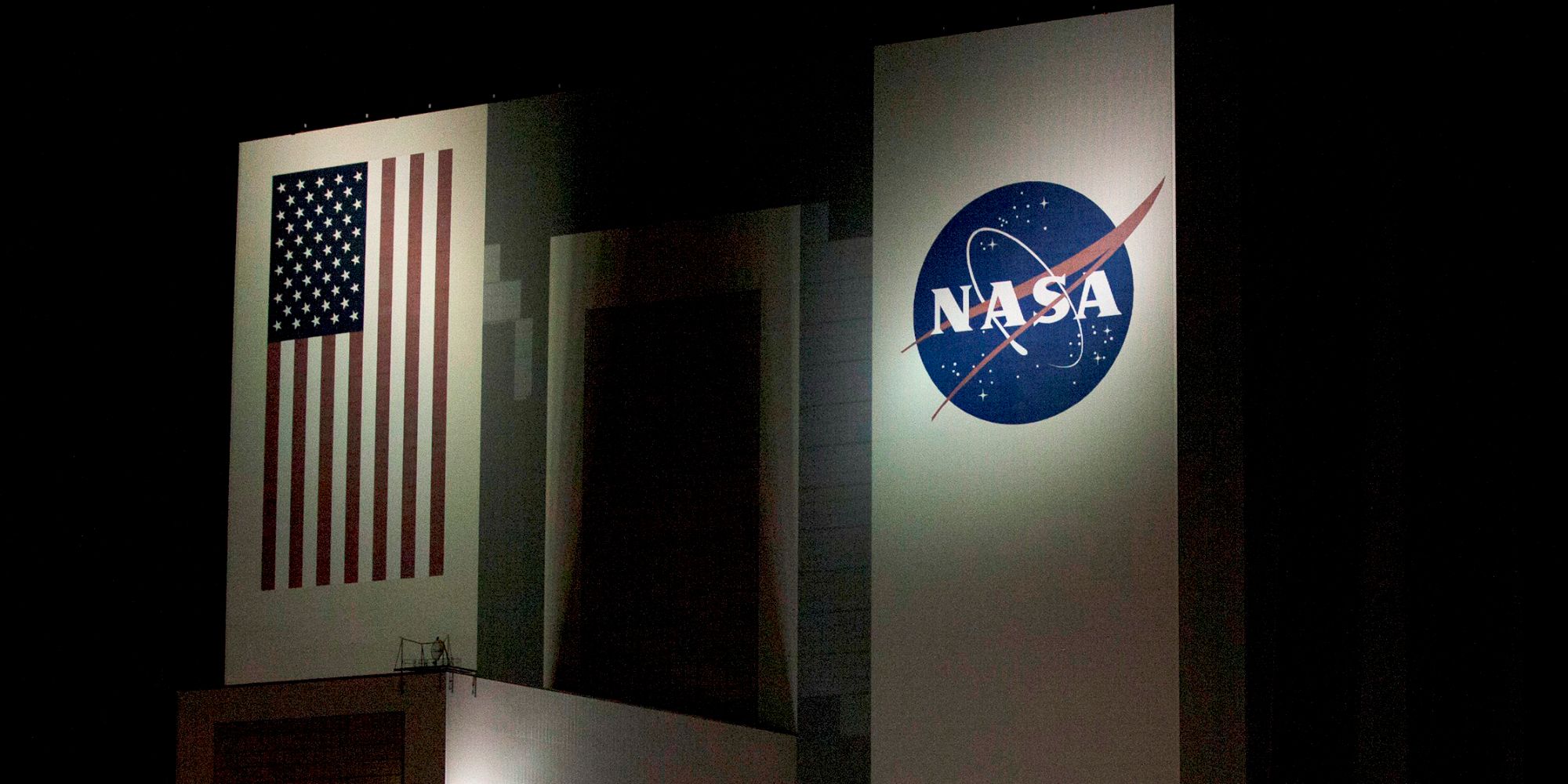NASA is synonymous with all things space exploration — but what is it that the organization actually does? Outer space is a vast, neverending frontier. There are countless stars, moons, planets, and galaxies for humanity to uncover. And just as we learn critical things about the universe, new mysteries appear to ensure the learning doesn't stop.
As one might expect, trying to develop a proper understanding of space requires a lot of time and effort. Because of this, multiple companies and organizations have formed to ensure this research can happen. Companies like SpaceX and Blue Origin are devoted to this cause, as are government-run organizations worldwide — namely the ESA, CNES, and CNSA.
Then there's NASA. Although most people know the organization by its iconic acronym, its official name is 'National Aeronautics and Space Administration.' NASA was originally founded in July 1958 by Dwight D. Eisenhower. At the time, NASA was created in direct response to the Soviet Union's rising interest in space. The Soviets launched Sputnik 1 in October 1957 as the first manmade satellite to orbit Earth. It caught the United States off guard and worried the country about what else the Soviet Union might be cable of. Just nine months later, NASA was formed to bolster the United States' approach to all things space exploration.
A Brief Roundup Of Everything NASA Does
While NASA was initially a kneejerk response to the Cold War, it continues to be one of the most prominent names in space exploration. NASA is responsible for a multitude of things today — with one of its most famous duties being its astronaut program. NASA astronauts are typically sent to the International Space Station to conduct space-bound research experiments. In the not-too-distant future, NASA's also planning missions that will see astronauts re-exploring the Moon and visiting Mars for the first time. In addition to astronauts, NASA also relies on advanced robotics to further its research. Satellites provide NASA with valuable information about Earth, orbiters explore faraway planets, and rovers can chart nearby worlds (such as Mars).
While these missions further NASA's understanding of outer space, the organization's work is also regularly felt in day-to-day life on Earth. As NASA explains on its website, "The agency shares what it learns so that its information can make life better for people worldwide. For example, companies can use NASA discoveries to create new spinoff products." These spinoff products are seen everywhere. LASIK, for example, originated from a NASA project in the 1980s for autonomously docking and rendezvousing with space vehicles. Other NASA projects also helped create cochlear implants, memory foam, and portable cordless vacuums (among many other things).
And, last but certainly not least, NASA also helps prepare future generations of students interested in being astronauts, engineers, scientists, etc. NASA says it has a "tradition of investing in programs and activities that inspire students, educators, families, and communities in the excitement and discovery of exploration." Added all together, and it's safe to say NASA's involved with as many space activities as it can be. It explores new worlds, is constantly learning more about our own, and tries to make the space world as accessible as possible to anyone who's interested. Added together, that's what NASA is.
Source: NASA


